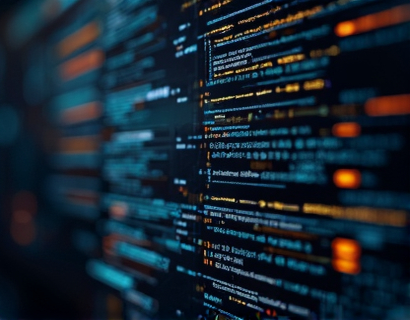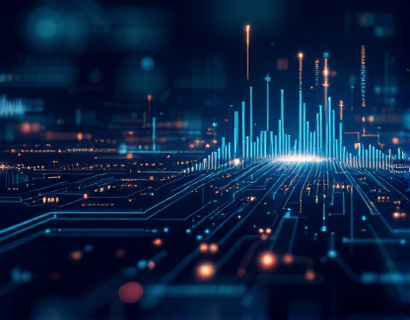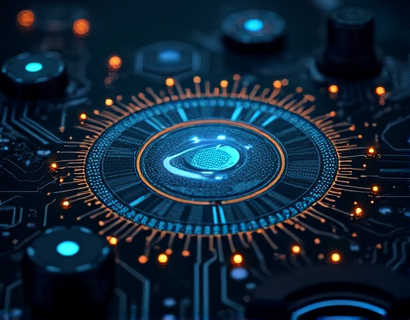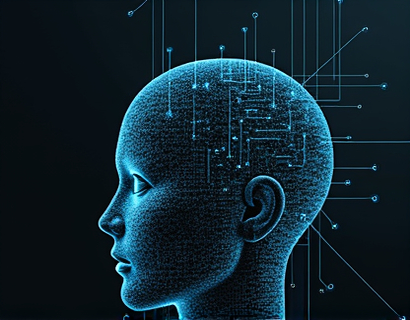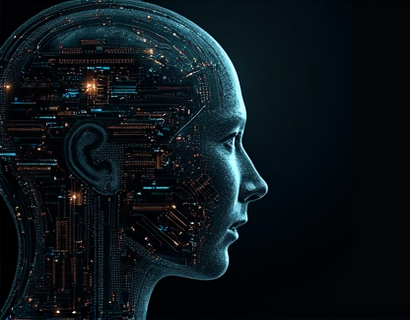AI-Driven Poker Education: Transforming the Way Players Learn and Master the Game
The world of poker has always been steeped in strategy, intuition, and a healthy dose of luck. However, with the advent of artificial intelligence and advanced learning technologies, the way players approach the game is undergoing a significant transformation. AI-driven poker education platforms are emerging as powerful tools that combine beginner basics with advanced strategies, offering a comprehensive learning experience for players of all skill levels. This article delves into how these intelligent systems are revolutionizing poker education, making it accessible, personalized, and effective for everyone from novices to seasoned pros.
Understanding AI-Driven Poker Education
AI-driven poker education leverages machine learning algorithms and data analytics to create a tailored learning environment for each user. These platforms analyze vast amounts of poker data, including hand histories, player behaviors, and game outcomes, to identify patterns and insights that can be used to improve a player's skills. Unlike traditional learning methods, which often rely on static textbooks and one-size-fits-all approaches, AI-driven platforms adapt in real-time to the learner's progress, strengths, and weaknesses.
The core idea behind AI-driven poker education is to provide personalized feedback and guidance. By continuously assessing a player's performance, these systems can identify areas that need improvement and offer targeted exercises and strategies to address those gaps. This personalized approach not only enhances learning efficiency but also keeps players engaged and motivated, as they see tangible progress in their game.
Comprehensive Learning Paths for All Skill Levels
One of the most significant advantages of AI-driven poker education is its ability to cater to players at every stage of their journey. Beginners can start with the fundamentals, learning the rules, hand rankings, and basic strategies through interactive lessons and simulations. As they progress, the platform introduces more complex concepts such as pot odds, expected value, and decision-making under pressure.
Intermediate players, who have a solid grasp of the basics but are looking to refine their game, can benefit from advanced strategy modules. These modules cover topics like table dynamics, psychological aspects of the game, and sophisticated betting strategies. AI algorithms adjust the difficulty level based on the player's performance, ensuring that the content remains challenging yet achievable.
For advanced players and professionals, the platform offers in-depth analysis tools and customizable training sessions. These players can work on fine-tuning their skills, experimenting with different strategies, and gaining insights from professional-level gameplay. The AI system can simulate high-stakes scenarios, helping these players prepare for real-world situations and maintain a competitive edge.
Personalized Learning Experiences
Personalization is at the heart of AI-driven poker education. Each player's learning journey is unique, and AI systems are designed to recognize and adapt to individual learning styles and preferences. The platform can detect whether a player is a visual learner, prefers text-based instructions, or benefits more from interactive simulations, and adjust the content delivery accordingly.
Moreover, AI-driven platforms can track a player's progress over time, identifying patterns in their learning and areas where they may be struggling. This data-driven approach allows the system to provide timely interventions, such as additional practice sessions or tailored tips, to help the player overcome challenges and continue improving.
Enhanced Practice and Simulation Tools
Practice is a crucial component of mastering poker, and AI-driven education platforms offer sophisticated tools to enhance the practice experience. Virtual tables simulate real-game scenarios, allowing players to apply their knowledge in a risk-free environment. These simulations can mimic different table dynamics, opponent behaviors, and game formats, providing a comprehensive training ground.
One of the key features of these simulation tools is the ability to review and analyze past hands. Players can see detailed breakdowns of their decisions, including the optimal plays and the reasoning behind them. This post-game analysis helps players understand their thought process and learn from their mistakes, a critical aspect of improving poker skills.
Additionally, AI-driven platforms can generate custom practice sessions based on specific learning objectives. For example, a player might want to focus on improving their bluffing skills or mastering a particular hand range. The system can create tailored scenarios that target these areas, ensuring that practice time is used effectively.
Access to Expert Insights and Community Support
While AI-driven systems provide valuable personalized guidance, they also bridge the gap between players and poker experts. These platforms often feature libraries of video lessons, articles, and interviews with professional poker players and coaches. Players can gain insights into the mindset and strategies of top players, learning from their experiences and successes.
Community features are another essential aspect of AI-driven poker education. Players can connect with peers, join forums, and participate in discussions to share tips, ask questions, and learn from each other. This community support not only enhances the learning experience but also fosters a sense of belonging and motivation among players.
Data-Driven Performance Tracking
One of the most powerful aspects of AI-driven poker education is its ability to track and analyze a player's performance data. This data can include hand frequency, win rates, pot sizes, and more, providing a comprehensive overview of a player's strengths and weaknesses. Players can monitor their progress over time, set goals, and receive alerts when they achieve milestones.
AI algorithms can also identify trends and patterns in a player's game, such as tendencies to play too aggressively or pass too often. By highlighting these patterns, the system can suggest specific areas for improvement, helping players make data-informed decisions to enhance their game.
Overcoming Common Challenges in Poker Education
Traditional poker education often faces challenges such as lack of personalized feedback, limited practice opportunities, and difficulty in applying theoretical knowledge to real games. AI-driven platforms address these issues head-on by providing real-time feedback, extensive practice tools, and practical applications of learned strategies.
For instance, the ability to review and analyze hands immediately after playing helps players understand the consequences of their decisions in real-time. This immediate feedback loop is crucial for reinforcing learning and preventing the repetition of mistakes. Additionally, the vast library of simulated hands and scenarios ensures that players have ample opportunities to practice and apply what they've learned.
The Future of Poker Education
As AI technology continues to advance, the potential for innovation in poker education is vast. Future developments may include more sophisticated AI coaches that can engage in real-time strategic discussions with players, providing on-the-fly advice during practice sessions. Virtual reality (VR) and augmented reality (AR) technologies could also be integrated to create immersive learning experiences that simulate the high-stakes environment of live poker tournaments.
Moreover, the integration of social learning features, such as live streaming of training sessions and real-time collaboration tools, can further enhance the educational experience. Players can observe and learn from each other in real-time, creating a dynamic and interactive learning community.
Conclusion
AI-driven poker education represents a significant leap forward in how players learn and master the game. By combining personalized learning paths, advanced practice tools, expert insights, and data-driven performance tracking, these platforms offer a comprehensive and effective way to improve poker skills. Whether you're a beginner looking to understand the basics or a pro seeking to refine your strategies, AI-driven poker education has something valuable to offer. As the technology continues to evolve, the future of poker learning looks brighter and more accessible than ever before.









